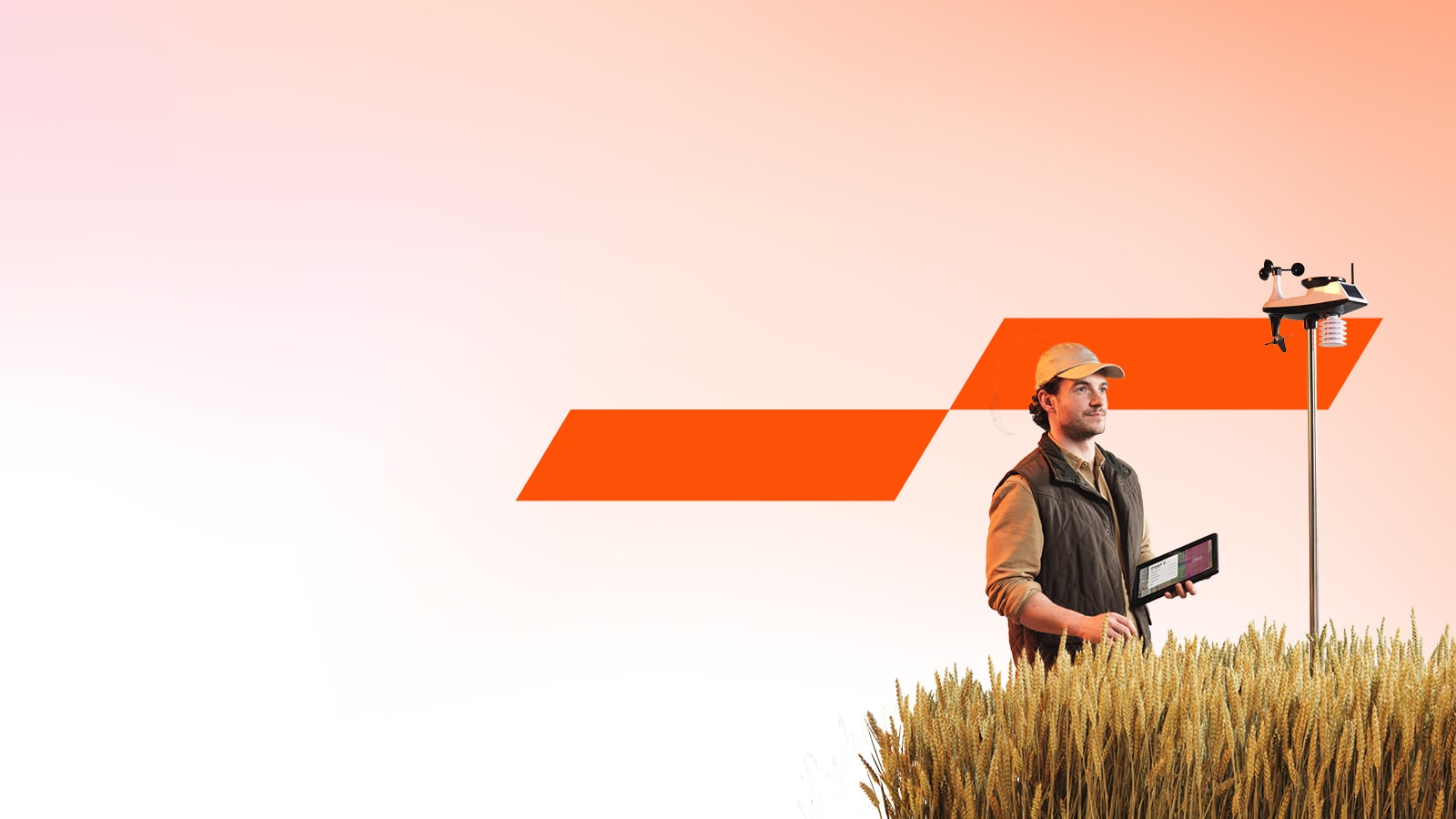{{item.title}}
{{item.text}}

{{item.text}}

Data-driven insights so you can tackle the biggest issues
Thriving in this business climate is as challenging as it is rewarding. Groundbreaking technology is both disrupting business norms and fueling an unstoppable momentum for growth. From reinvention to harnessing AI to stakeholder trust, our research-led insights support you as you navigate the future.




© 2017 - 2026 PwC. All rights reserved. PwC refers to the PwC network and/or one or more of its member firms, each of which is a separate legal entity. Please see www.pwc.com/structure for further details.